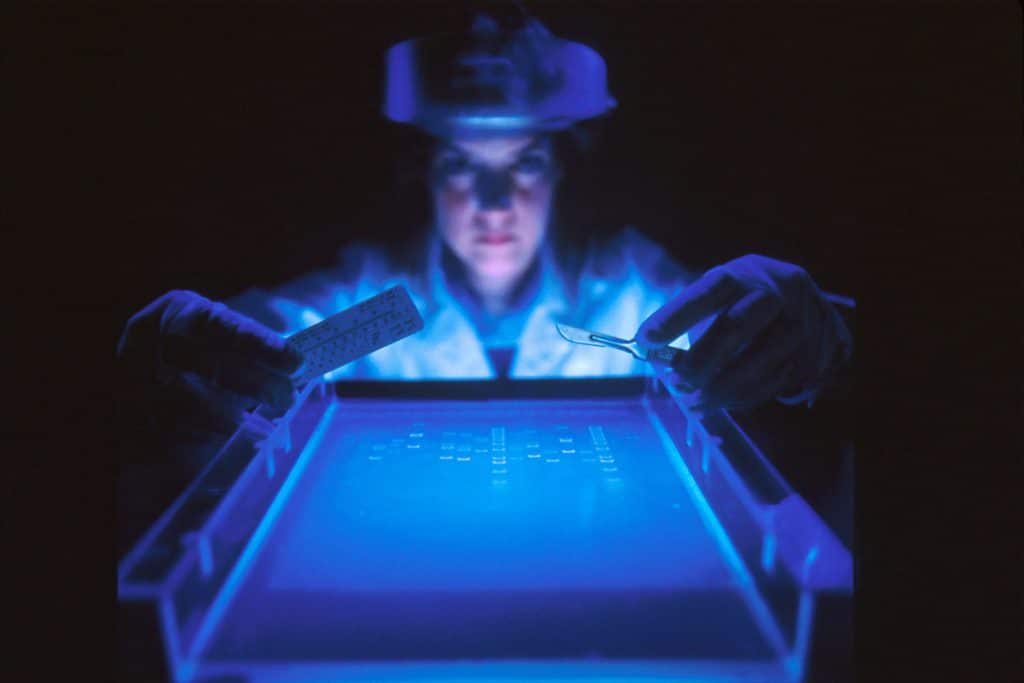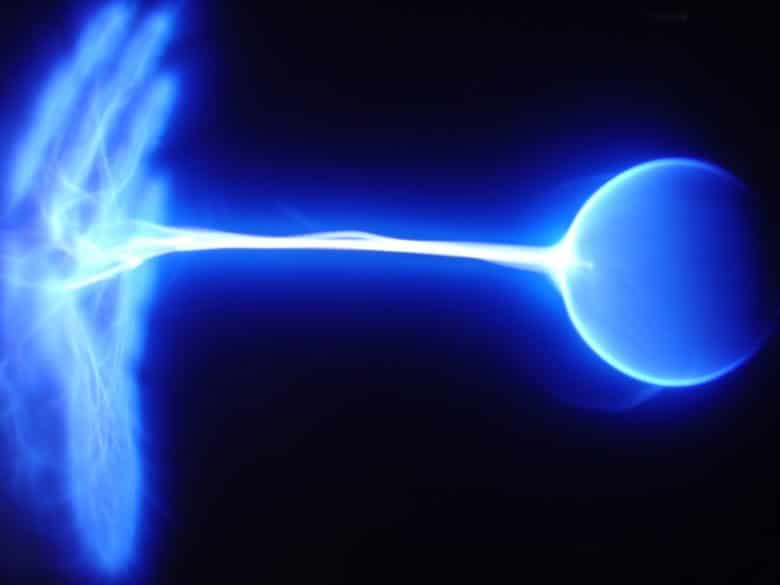We know that resistors are used to restrict the amount of current that can pass through. However, during their action, resistors heat up, which is undesirable.
Heating resistors cap up on this undesirability and convert them into something desirable. Hence, heating resistors are used to convert electrical current into heat energy. Here are some of its functions and expected performance from heating resistors.
1. Convert electrical current into a reliable and controllable source of heat
2. Deliver heat at required rates or be able to deliver some definite amount of heat in some definite time – some devices would require fast response and ramp-up times
3. Deliver a specific heating pattern when required – i.e., deliver different levels of heat to different zones
4. Must be robust to withstand a specified level of vibration or shock in some applications
5. Deliver performance despite the humidity and chemical elements in the environment (specificity depends upon the application and design parameters)
6. Must conform to size constraints and be able to easily fit inside portable devices
Heating Resistors In Medical Applications
Heating resistors are widely used in medical applications that include incubation of cultures, heating fluids before injection, diagnosis equipment, DNA analysis, and much more.

Many of these devices are portable, which means they should be small-sized, and their components even smaller – to which heating resistors are much up to the challenge.
In addition, the repeatability of a procedure is a common requirement in medical applications, which demands a frequent need for maintenance or replacement. Heating resistors, due to their small sizes, reduce the challenge of space constraints and provide easy accessibility to the components.
Heating Resistors In Industrial Applications
Industrial applications of heating resistors require them to be reliable under specific environments. These can include reliable performance under wide temperatures, for example, outdoor enclosure warmers or deicers. They should also be able to operate in high humidity, so they can be used to defog CCTV lenses.
Moreover, TME Electronics will help you get your hands on your desired Heating Resistors. The company offers more than 54 different types of Heating Resistors. And you don’t have to worry about quantity as well, as the website maintains a warehouse stock of up to 470 pieces.
TME Electronics has been in business since 1990 and offers quality products, which is evident from its several quality certifications that including ISO 9001:2009 and 14001:2005 ISO certifications.
TME Electronics ships over 5,000 shipments daily to 133 countries. If you’re looking to buy the Heating Resistors, most suitable to your design specifications, check their collection here: Heating Resistors
Heating Resistors In Automotive Applications
Heating Resistors are widely used in automotive applications. They are used as heater blowers, window demisters or defoggers, fuel heaters, and much more. Many of the heating resistors are generally low-cost Wirewound devices, which are listed by several car heater resistor manufacturers.

Types Of Heating Resistors
Heating resistors use the radiant form of heating that requires the resistors to be placed in direct line of sight of the object to be heated. This is called radiant heating and is often used in Wirewound heaters, halogen heaters, fan heaters, submersible heaters, and much more.
The two most popular types of heating resistors are:
Wirewound Resistors
These are used where size is not an issue and achieving a better cost is the major driving factor. In Wirewound heaters, there’s a wire that gets heated as current is passed through it. The heat is then transferred via infrared rays to the surrounding environment. Wirewound heaters are commonly used in bathrooms and outdoors where the intent is to provide heat directly to the person rather than heating up the surrounding air first.
Thick Film Resistors
Thick Film Resistors are smaller than their Wirewound equivalents and are used in applications with a lower size profile. The substrate used in Thick Film Resistors can be made to fit in difficult-to-access areas. Their major application is a personal computer – where more than 1,000 Thick Film Resistors can be used on average! They are also used in AC plugs, batteries, and electronic devices.












Leave a Reply